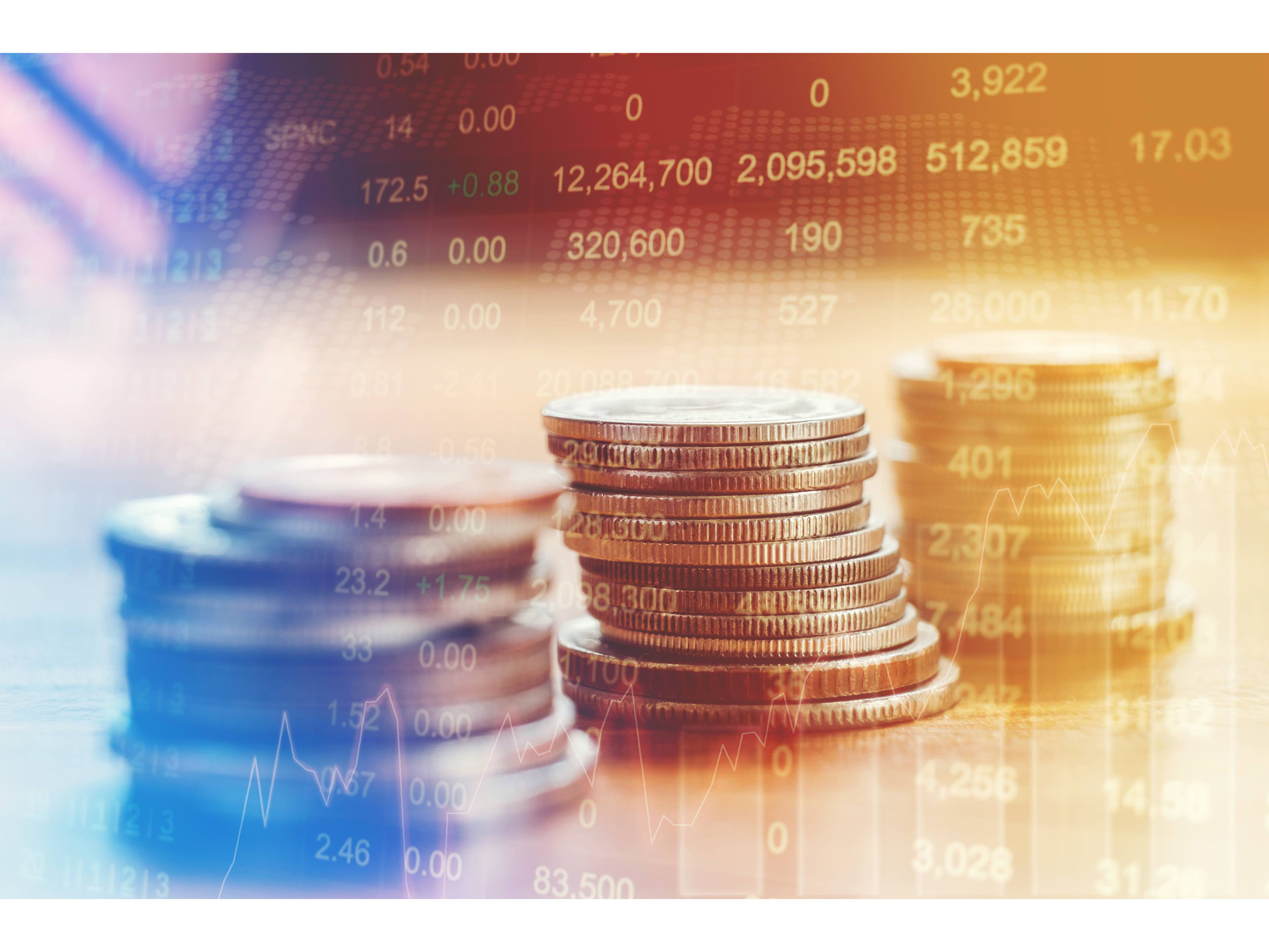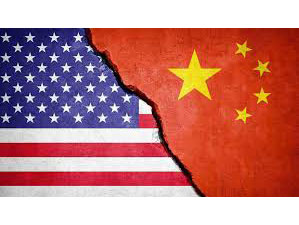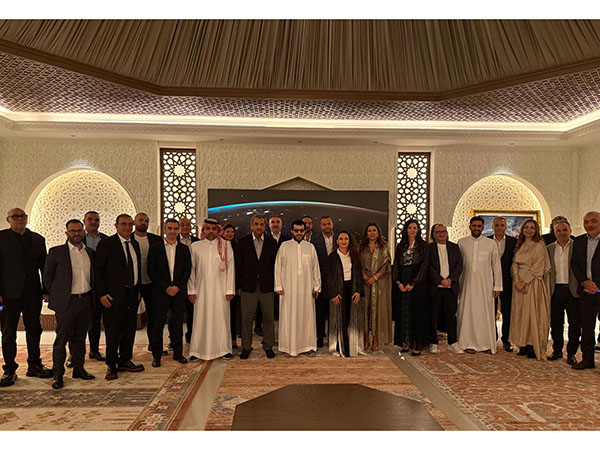News - News In Brief
About 9 in 10 believe inflation, aggravated by Russo-Ukrainian War, has impacted spending
March 22, 2022

The Continental Group, an insurance intermediary and financial services provider in the GCC region, recently hosted a webinar titled ‘Navigating the Current Geopolitical Climate’, fuelling discussions on the ongoing Russo-Ukrainian War and its cascading effects on global financial systems.
About 89% of survey respondents said that inflation, which has been exacerbated by the conflict, has taken its toll on their household spending.
Andrew Hardy, Director of Investment Management, Momentum UK; David Itzkovits, CEO of Sanlam Global Investment Solutions; Tejas Sheth, CO- Fund Manager & Equity Research Lead NAM India ; and Neelam Verma, Vice President & Head of Investments at The Continental Group, were the key speakers at the webinar, which was hosted by Anselm Mendes, Executive Director of Sales, The Continental Group.
While people across the world remain focused on the devastation, casualties, and the affliction brought on by Russia’s invasion of Ukraine, another cause for concern has emerged in the form of financial repercussions. These are nullifying the post-pandemic optimism that promised a less volatile and more prosperous 2022.
“We’re off to a choppy start,” said Andrew Hardy, adding “while Russia’s Ruble and its equity markets have nosedived, the impact goes beyond its frontiers — global equities are down, but commodities are rallying, driven by oil and natural gas shortfall. The energy sector is up 30%. It’s a conundrum for central banks that were expecting to combat inflation through increased interest rates. They now have to reckon with deflationary consequences. If inflation persists, it’ll have a knock-on impact on wages, etc. Unfortunately, the genie is already out of the bottle.”
Commenting on the geopolitical situation, David Itzkovits said, “If history is any indication, Russians can withstand hardship. They focus on basics like food and energy, where they are considerably self-sustained. The West, by providing food, fuel, humanitarian aid, ammunition and, most importantly, real-time military intelligence to Ukraine, is trying to apply multi-lateral pressure on Russia. We must touch upon contingent risks here. Russia could retaliate in a non-kinetic manner by, say, cyberwarfare, targeting utilities, consumer supply chain, and financial institutions. Thankfully, however, financial systems have been ramping up their security postures for some time.”
The impact is not uniform across global economies
According to Tejas Sheth, India is looking at a $100 billion impact due to the conflict. He believes that the government could bear the brunt of it and also pass some on to the consumers. “India is dependent on Ukraine and Russia for fertilizers. As a result of the conflict, the fertilizer prices are shooting up. That said, India is more resilient in terms of forex reserves and wheat stock, which could help weather the storm.”
However, in the words of Neelam Verma, the impact of the Russo-Ukrainian conflict on oil economics could work in favour of OPEC countries. “Oil-producing nations are looking at higher-than-anticipated revenues due to increased demand brought on by supply issues on Russia’s part. This bodes well for Middle Eastern nations, in terms of huge budget surplus and an unexpected windfall. I believe the UAE will play a key role and is likely to call for OPEC members to increase their output.”
The way forward
“The best course of action is to stay invested,” remarked Andrew Hardy, adding “it’s advisable to keep your eyes on the ball and not lose sight of the bigger picture.” Andrew’s belief was echoed by David, who said that, even if we envision a worst-possible scenario of NATO involvement, escalation, and nuclear eventuality, it’s good to have the liquidity that lasts for 12-18 months. His rationale is predicated on learnings from WW1 when stock markets were shut for as long as 18 months. “However, going by probabilities, I feel the conflict will end with a compromise, with all parties having no choice but to accept less-than-ideal terms,” added David.
“The situation demands balancing the current account deficit, reserves, and the currency. It is also an opportune moment for countries to expedite their energy transition to renewables,” said Tejas Sheth. “We, at the Continental Group, continue to rally behind equities while advocating for diversified asset allocation. Equity markets might experience sharp swings, but that is not to say there are no opportunities,” added Neelam Verma. Interestingly, around 52% of survey respondents validated Neelam’s sentiment, by saying that they are open to expanding their portfolios.













